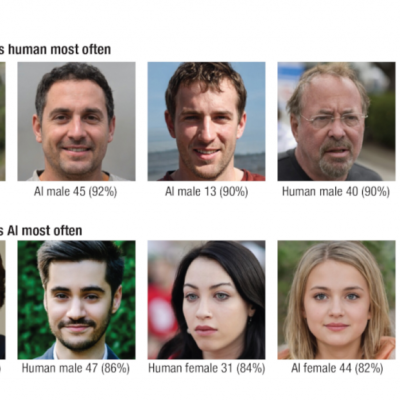A new study by scientists at the University College London (UCL) has identified five subtypes of heart failure using artificial intelligence (AI). The classification aims to improve the treatment of patients by providing a better understanding of the disease’s likely progression. Heart failure is a condition where the heart is unable to circulate blood effectively throughout the body. Until now, there has been no classification system that allows for a prognosis of the disease’s progression. The researchers analyzed data from over 300,000 people over the age of 30 who had been diagnosed with heart failure. The machine learning methods identified five subtypes of heart failure based on 87 of 635 possible factors, including age, symptoms, other existing conditions, medication, and test results such as blood pressure and kidney function.
The researchers found that the subtypes also differed in terms of mortality risk. The overall mortality risks after one year were 20% for early-onset heart failure, 46% for late-onset, 61% for heart failure associated with atrial fibrillation, 11% for metabolic, and 37% for cardiometabolic. The team also developed an app that doctors can use to determine a patient’s heart failure subtype. This could improve the prediction of future risk and inform conversations with patients. The researchers hope that better distinctions between the types of heart failure could lead to more targeted treatments and help them think about potential therapies in new ways.
The study’s lead author, Amitava Banerjee, said, “We have tried to improve the classification of heart failure with the aim of better understanding the likely course of the disease and communicating this to patients. Currently, it is difficult to predict how the disease will develop in individual patients. Some people are stable for many years, while others deteriorate quickly.” The findings were published in the Lancet Digital Health journal.
In conclusion, the identification of five subtypes of heart failure using AI could revolutionize the treatment of the disease. The classification system could help doctors predict the progression of the disease in individual patients and provide more targeted treatments. The researchers hope that the app they developed will improve the prediction of future risk and inform conversations with patients. The study’s findings could also lead to new ways of thinking about potential therapies for heart failure.










